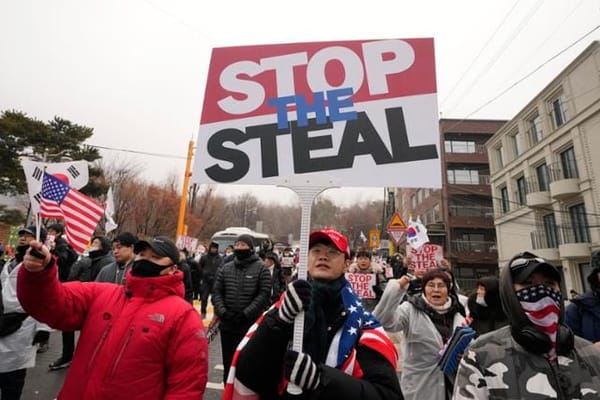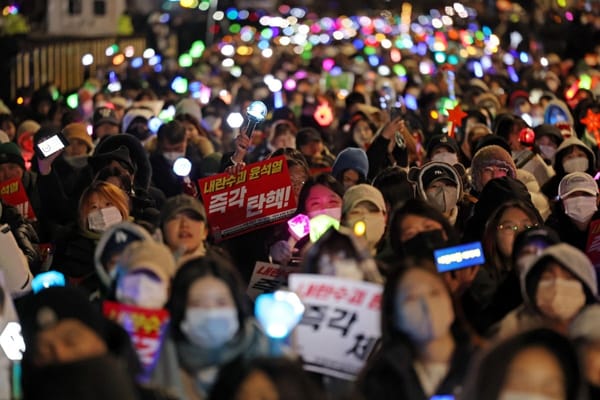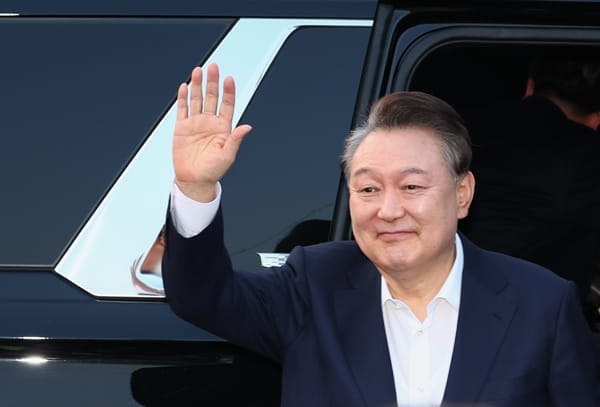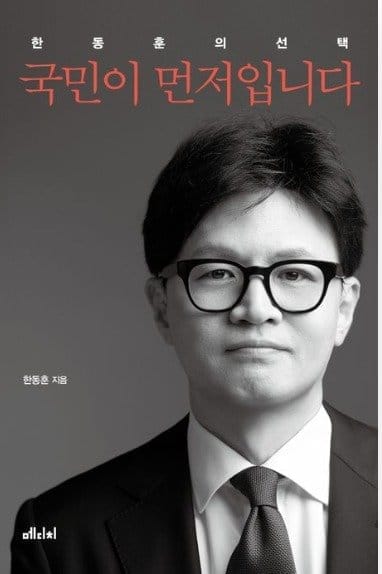Photo: Headquarters of the Federation of Korean Industries. Credit: The Blue Roof.
In South Korea, as with many places, controversial public policy is often backed by commissioned research that touts the policy’s economic benefit. Such research projects deserve a skeptical look, as they inevitably reflect the agenda of the party that commissioned the research. But even by that relaxed standard, the research commissioned by the Federation of Korean Industries 전국경제인연합회 regarding the economic impact of the president-elect Yoon Suk-yeol 윤석열 당선인’s proposal to move the presidency from the Blue House 청와대 to Defense Ministry 국방부 compound in Yongsan 용산 is unusually bold in manufacturing an impressive-sounding number out of utterly unrealistic assumptions.
Based on this research, the trade group for South Korea’s largest chaebols claimed that the presidential move would generate KRW 3.3t (USD 2.7b) in positive economic benefit. The research, conducted by Pusan National University Professor Kim Hyeon-seok 김현석 부산대 교수, argued that the presidential move would come with the expected benefits of KRW 1.8t (USD 1.5b) in increased tourism and KRW 1.5t (USD 1.2b) in “enhanced social capital 사회적 자본 증대.”
Half of the expected benefit from tourism is based on the number of international visitors prior to the COVID-19 pandemic that restricted international travel. The expected benefit from domestic tourism is based on the number of visitors of the Cheonggyecheon stream 청계천 after the downtown waterway was restored into a public park, without considering the fact that the Blue House is a brisk 30 minute walk from the stream such that visitors to Cheonggyecheon and visitors to the Blue House would significantly overlap, creating little additional economic impact.
Even more audacious is the claim of “enhanced social capital.” The research argued that the presidential move would lead to increased public trust, which in turn would increase South Korea’s gross domestic product by between KRW 1.2t to 12.1t (USD 1b to 10b). The research based its claim on the opening of Uruguay’s increase in public trust following Jose Mujica’s decision to open the presidential residence to the public from 2010 to 2015, eliding the obvious difference between Mujica, a former leftist guerrilla fighter against military dictatorship, and Yoon, a conservative who represents the party that traces its history back to South Korea’s military dictatorship.








